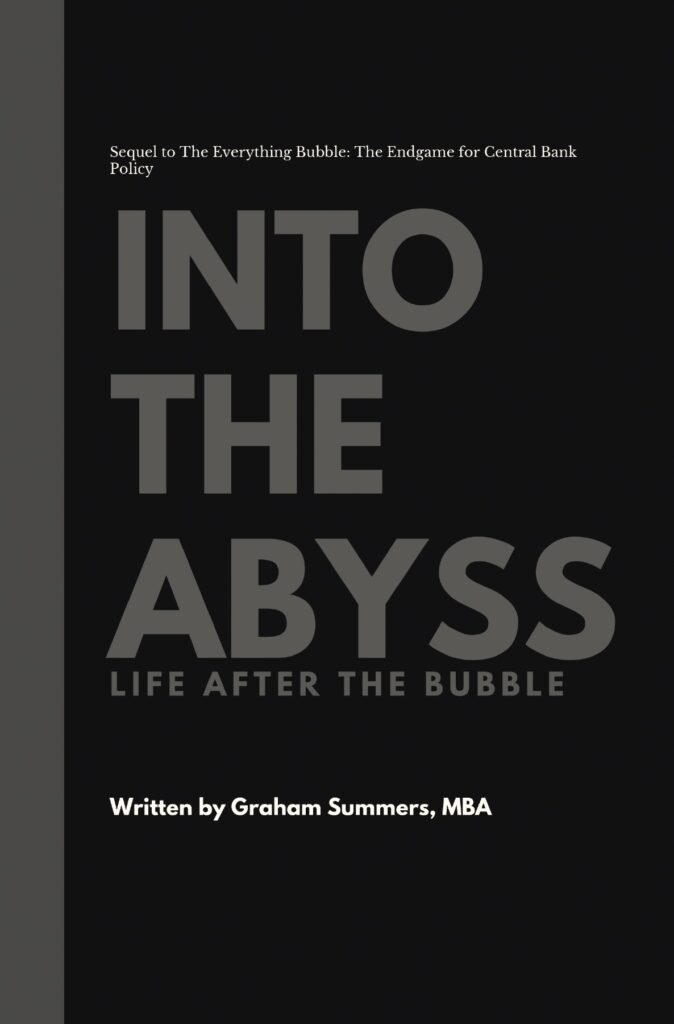The Euro and stocks both gapped sharply up over the weekend on news that EU finance ministers are moving forward with a €100 billion Spanish bailout.
A few thoughts on this move:
1) Where is the money coming from? (most EU Governments are broke)
2) What precedent is this setting? (Ireland is already clamoring for a rewrite to its bailout rules)
3) How desperate are things that they’re making such a large move so quickly?
Regarding this last point, Spanish political leaders have routinely denied needing a bailout for months. This whole bailout feels more than a little rushed given that Spain only formally requested a bailout (if you can even truly claim that) over the weekend: the same period during which a bailout was granted.
Moreover, it’s very difficult to believe that this will “solve” Spain’s problems. Let us consider the example of its recently nationalized bank, Bankia.
Bankia was formed in 2010 when the Spanish Government merged seven insolvent cajas (regional banks). In plain terms, Bankia was a trainwreck waiting to happen… at least to anyone with a working brain. However, both the bank itself and the Spanish Government decided to maintain a charade that the bank was in great form right up until it collapsed (only one month ago Bankia was talking about paying its dividend).
Today, Bankia has been nationalized after its initial bailout request ballooned from €5 billion to €24 billion. Moreover, it has also revised its 2011 results from a €309 million profit to a €3 billion LOSS.
The point I’m making here is that both the Spanish Government and the Spanish Banks will play “extend and pretend” as long as possible right up until they’re on the brink of collapse.
With that in mind, I sincerely doubt €100 billion is going to solve Spain’s problems. The whole bailout reeks of desperation. And it likely will have political and financial implications that will quickly render the benefits of this move moot. Of course, when you’re facing systemic collapse, you don’t have time to debate implications and consequences. But I highly doubt that this move will do much to address Spain’s true problems.
Indeed, stocks and the Euro are already coming off their over the weekend highs. This week will be critical for discerning the future of the markets. If risk assets remain aloft, then investors are still willing to believe that the Powers That Be can save/ maintain the markets.
But if stocks and the Euro tank this week… after a major bailout move such as this… then watch out, because the REAL Crisis has begun: the Crisis of faith in the actual financial system and the institutions meant to prop it up.
If this happens, then it’s GAME OVER for the Euro at the very least.
While I hate to admit it, there is a good chance that this is indeed the more likely outcome. The Fed meets on June 19-20 so we could see risk assets remain afloat until then. But if Bernanke doesn’t pull a rabbit out of a hat at that meeting then watch out because things could get very ugly very, very fast.
With that in mind, I’ve begun positioning subscribers of my Private Wealth Advisory for this very possibility. We’ve already locked in over 20 winning trades this year by finding “out of the way” investments few investors know about and timing our positions to benefit from the various developments in Europe. When you combine this with our 2011 track record, we’ve had 63 straight winners and not one closed loser since July 2011.
So if you’re looking for the means of profiting from what’s coming, I highly suggest you consider a subscription to Private Wealth Advisory. I’ve been helping investors navigate risk and profit from the markets for years. I can do the same for you. Indeed, my research has been featured in RollingStone Magazine, The New York Post, CNN Money, the Glenn Beck Show, and more. And my clients include analysts and strategists at many of the largest financial firms in the world.
To learn more about Private Wealth Advisory and how it can help you make money in any market…
Best Regards,
Graham Summers
Chief Market Strategist
Phoenix Capital Research




